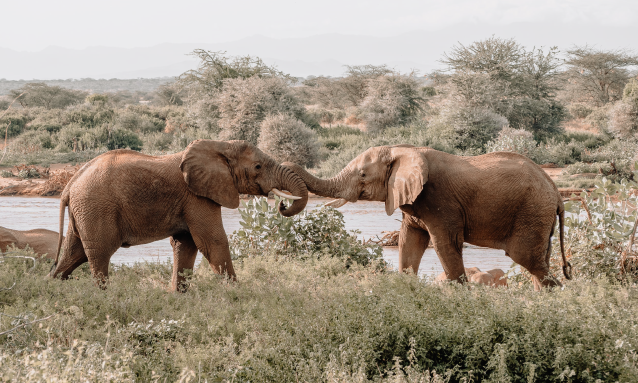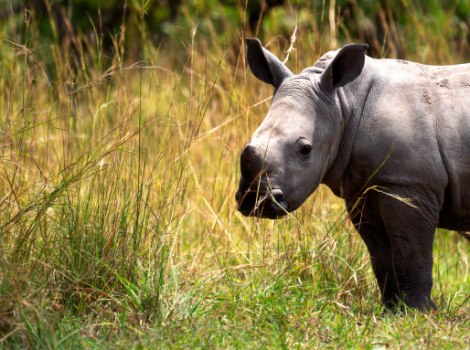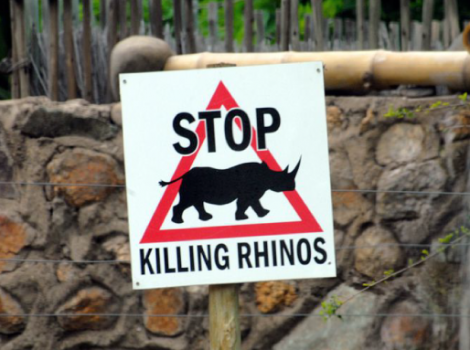
11 September 2023
Researcher Adam Cruise is back at it again, pointing fingers at Botswana, saying trophy hunting is a threat to Botswana’s wildlife, including its elephant population and impoverishing hunting communities. This is not the first time Cruise, who specialises in Environmental and Animal Ethics at South Africa’s Stellenbosch University, has made the claims, which have been scientifically rejected.
In his newly released report titled “Trophy Hunting in Botswana – A Tale of Declining Wildlife, Corruption, Exploitation, And Impoverishment,” Cruise states;
“If trophy hunting can be proven to benefit the conservation of wildlife and human livelihoods, then perhaps it may be a case to consider. However, the problem in the majority of trophy hunting cases, and in most countries where trophy hunting takes place, the activity not only is wholly unable to benefit wildlife and human communities, but precipitates the opposite.
Botswana, one of the major destinations for trophy hunters, is a particular case in point.”
He goes on to say;
“The evidence also proves that trophy hunting does not aid in the preservation of wildlife but opens the door to overly high hunting quotas, the over-use of quotas as well as greed and corruption where financial gain always trumps precautionary and sound conservation practices.”
However, whether by design or inadvertently, Cruise’s report disregards conservation expertise – even that provided by the United Kingdom scientific advisory body. A recent review of data from the Red List of the IUCN (the world’s leading conservation authority) highlighted that while trophy hunting offered actual or potential benefits to many more species, it was only a conceivable or likely hazard to some populations of nine (0.1%) of the 6200 species to be covered by the Trophy hunting bill.
In addition, over 150 renowned conservationists wrote and signed a letter to UK Prime Minister Rishi Sunak two weeks ago (August 25) part of which reads:
“Trophy hunting is not a black and white ethical issue, but the weight of evidence demonstrates overall conservation benefit.
Many of us dislike the activity, but as conservation professionals, our job is to be driven by the evidence, rather than any personal feelings.”
The letter also adds;
“Crucially, habitat loss, poaching and conflict with local people are all far greater threats to wildlife than trophy hunting, and so by mitigating these greater threats, trophy hunting can secure net benefits for conservation.”
In his report, Cruise goes on to say;
“Botswana has been flagged for non-compliance under the Convention on International Trade of Endangered Species of Wild Fauna and Flora (CITES) due to its failure to submit annual reports, which provide crucial information for validating offtake of elephants for trophies for the international trophy trade. This indicates that the wildlife conservation in Botswana is not adequately managed.”
The most recent survey results of the first-ever coordinated aerial elephant survey in the Kavango Zambezi Transfrontier Conservation Area (KAZA TFCA) emphasised Botswana’s prudent wildlife record. According to the report, at 131 909, Botswana is home to the largest elephant herd in the world, and the country has the highest elephant densities in the region.
“Across the KAZA TFCA, 58% of the elephants were found to be in Botswana, 29% in Zimbabwe, 9% in Namibia, and the remaining 4% were found in Zambia and Angola combined,” states the report.
The Southern African Development Community (SADC) member states have emphasised multiple times that they should be allowed to trade in a species if they can demonstrate scientifically that the population is strong and therefore deemed safe. However, Cruise ignores such evidence, just like CITES does.
It is quite clear that Cruise’s report failed to recognise that to be effective, conservation policies must be evidence-based and only adopted after proper consultation and scrutiny. Previously, Cruise published another report which SADC hunting communities dismissed as “harmful to both elephants and hunting communities.”
Source: https://www.sundaystandard.info/adam-cruises-report-findings-have-been-scientifically-disproven/



